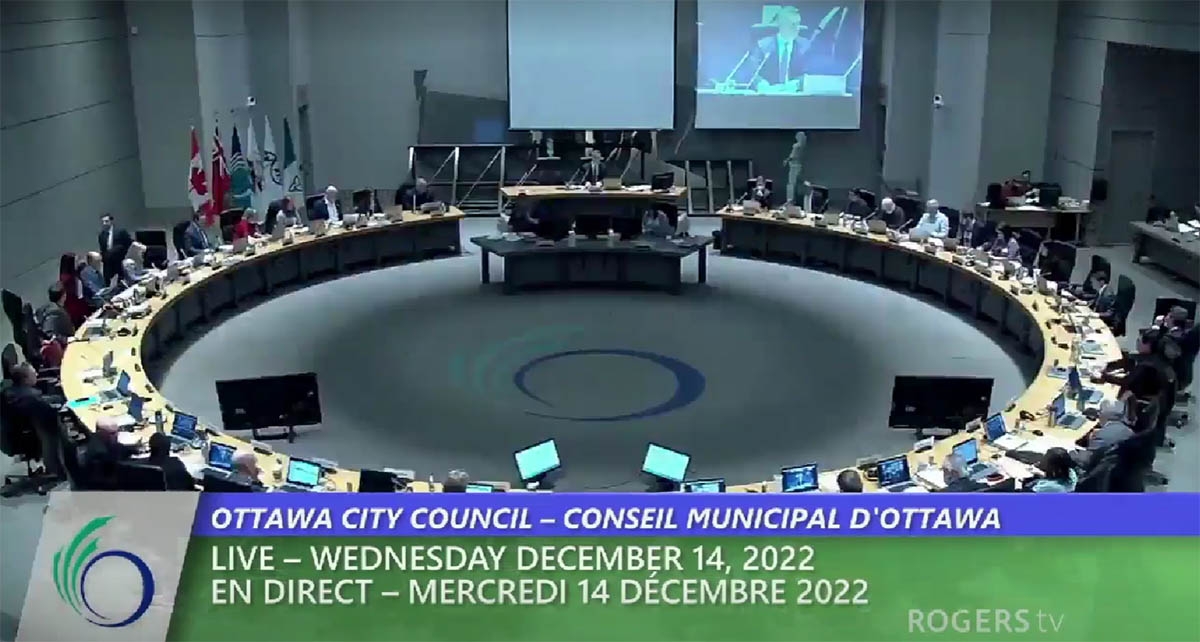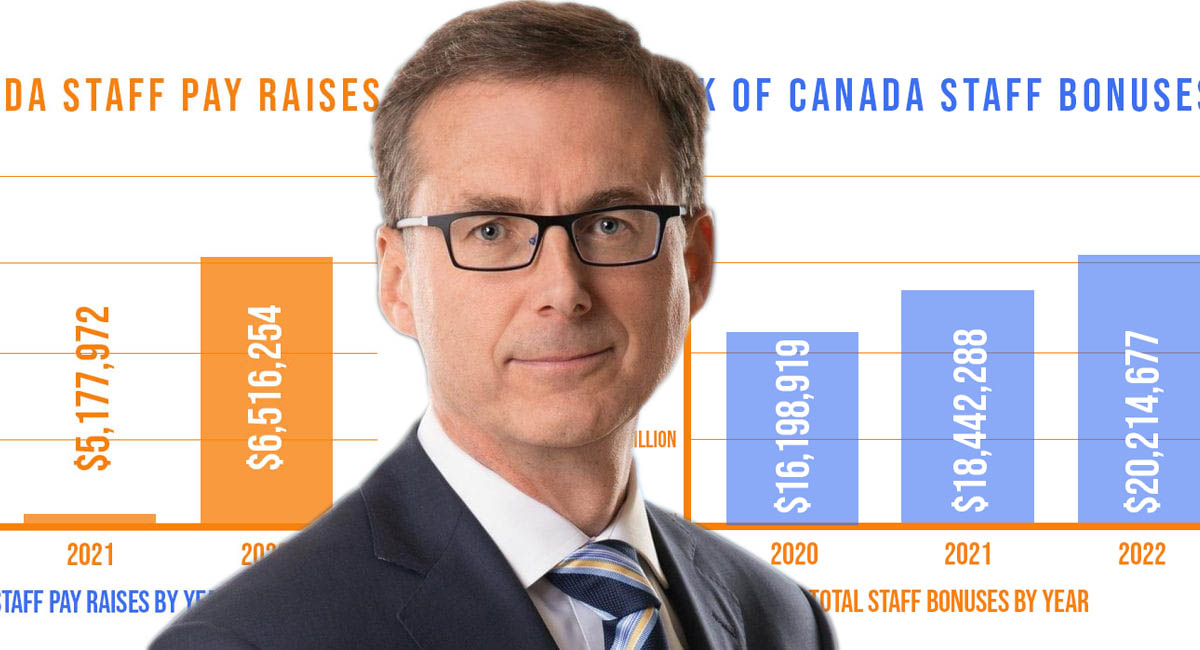
The First budgetary meeting shows a Council diverse in opinions but cordial in process.
Ottawa’s last City Council meeting of the year was devoted mostly to discussing budget directions from the City Finance Service’s report.
Mayor Mark Sutcliffe began the Council meeting with his thoughts on the budgetary process stating, “As we all know, families throughout Ottawa are experiencing an affordability crisis.” Sutcliffe said this became very apparent during the election campaign when he met thousands of families voicing the same concerns. With rising interest rates, Sutcliffe is concerned that the affordability issue will continue to grow.
The mayor stated, “Our residents expect us to ease the burden and keep life as affordable as possible.” He then noted that 90 percent of residents in the election voted for candidates who campaigned for low tax increases.
Sutcliffe says he can deliver a budget with a tax increase between 2 and 2.5 percent. He intends to do so while keeping programs and services running. Sutcliffe said this is his number one priority.
The newly elected mayor stated that there are funding issues from other levels of government. However, he is committed to working with the federal and provincial governments to get the funding needed.
Acting City Manager Wendy Stephanson made a presentation highlighting the budget process, which is ongoing until Council votes on the city budget in March 2023. Stephanson also presented findings and recommendations from the Financial Services team. Despite currently being broke, the city’s most powerful bureaucrat noted that Ottawa entered the pandemic in a favourable financial position due to the fiscal restraint of the 2018-2022 Council.
In early 2020 only three percent of the total budget was spent on city administration. Ottawa also had a favourable credit rating. Stephanson noted that proactive measures will have to be implemented in 2023 to get Ottawa back on the right financial track.
Acting Chief Financial Officer Cyril Rodgers presented recommendations for tax levies, including 2 percent to 2.5 percent for the Ottawa Police Service, OC Transpo, and the City of Ottawa. Rodgers also proposed raising garbage collection and water management fees to meet service demands.
Councillor Jeff Leiper asked Rodgers about the city’s assessment of growth. In previous years Ottawa’s assessment has been around 1.6 percent, but it is expected to rise to 2.2 percent in 2023, generating more revenue for the municipality. Leiper wanted to know how much money the city would gain at the predicted rate. Rodgers replied that the estimated increase in revenue would be about $10 million.
Newly elected Barrhaven East Councillor Wilson Lo asked Rodgers about fuel prices in relation to municipal services and how fuel was purchased. Rodgers responded that the city uses hedging contracts for diesel which mitigate costs when prices rise.
Councillor Glen Gower noted that this year’s budget will likely continue the last Council’s agenda because the new councillors still need to come to a consensus on priorities. He also said that for those paying attention, it is likely that more significant changes will come with the 2024 Ottawa budget.
Councilor Theresa Kavanaugh asked if the city had considered moving away from property taxes as a primary source of revenue and towards another form of revenue generation that is more “equitable.” Rodgers noted that the question was rather abstract but that the city is open to looking at all options so long as Council supports them.
Council will have just over three months to approve the city budget, the first for the 2022-2026 term of Council.
On a positive note, the councillors and new mayor were cordial, unlike last year, demonstrating that perhaps Ottawa is headed for better times.









